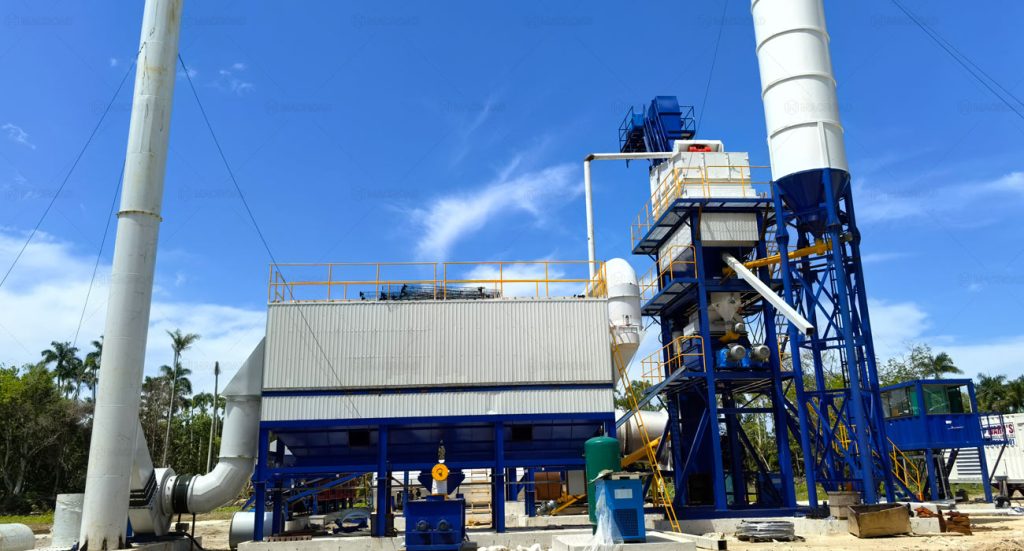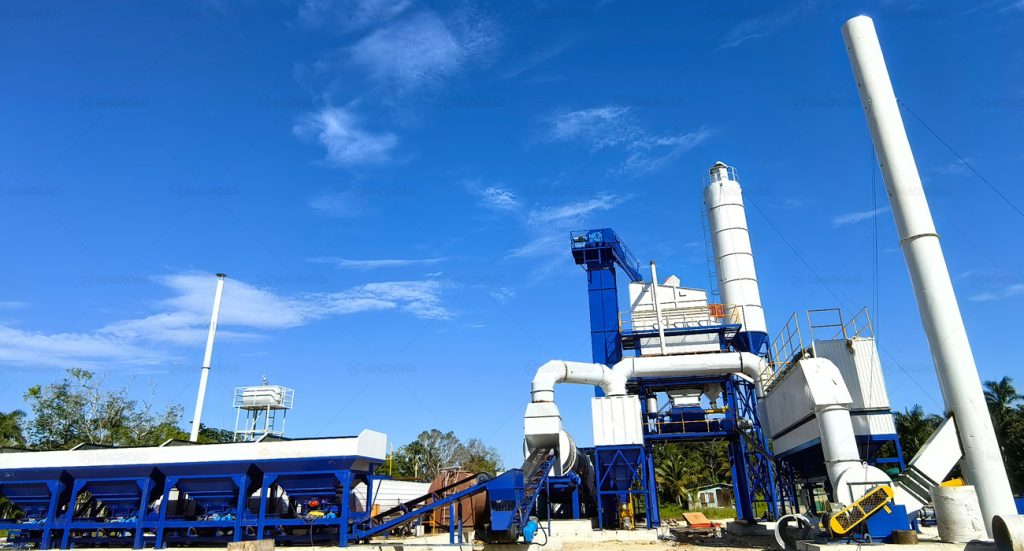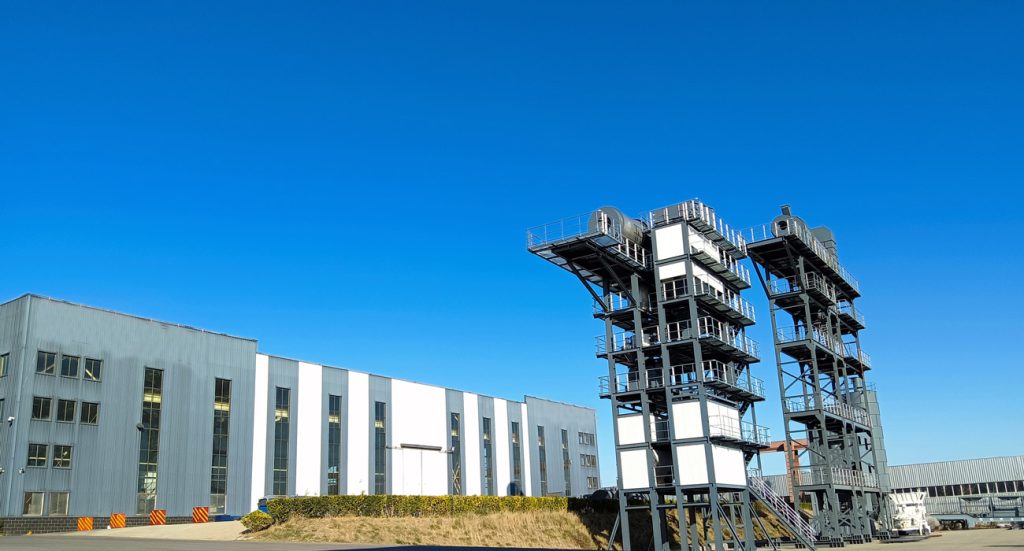In asphalt production, the mixing process is critical to achieving high-quality mixtures, especially when using modified asphalt. Insufficient mixing time can lead to inconsistent results, affecting the overall performance of the asphalt. This article discusses how inadequate mixing time in modified asphalt production equipment can compromise mixture quality, emphasizing the importance of proper operation in both mobile and fixed asphalt plants.

The Importance of Adequate Mixing Time
When producing asphalt, especially in a modified asphalt production plant, the goal is to ensure that all components—aggregates, binder, and additives—are thoroughly combined. This thorough mixing is essential for achieving the desired properties of the asphalt, such as durability, flexibility, and resistance to environmental factors.
In a hot asphalt mixing plant, the mixing time must be carefully controlled. If the mixing time is insufficient, the modified asphalt may not achieve the necessary consistency. This can lead to issues like poor adhesion between aggregates and binders, resulting in a weak mixture that is prone to cracking and deformation. For projects that require high-quality asphalt, such as airport roads construction, this can have serious implications.
Moreover, insufficient mixing can cause variations in the product quality, leading to increased waste and rework. This is particularly concerning when operating a small portable asphalt mixing plant, where efficiency and quality control are paramount due to limited production capacities.

Consequences of Poor Mixing Quality
The quality of the asphalt mixture directly influences its performance in the field. When insufficient mixing time occurs, several issues can arise:
- Reduced Durability: A poorly mixed asphalt may lack the necessary strength and durability, making it susceptible to damage from traffic loads and environmental conditions. This can lead to potholes and surface wear, requiring frequent repairs.
- Increased Maintenance Costs: Asphalt that does not adhere well can lead to delamination or premature failure. This not only affects the lifespan of the pavement but also increases maintenance costs for the project, impacting budgets and timelines.
- Inconsistent Performance: For contractors looking to buy asphalt plant, understanding the impact of mixing quality is crucial. Inconsistent mixtures can lead to unpredictable performance, making it difficult to meet project specifications and client expectations.
To mitigate these risks, asphalt plant operators must prioritize proper mixing times in their production processes. This is especially important in the context of using modified asphalt, which often requires specific mixing techniques to ensure optimal results.

Best Practices for Ensuring Proper Mixing
To achieve high-quality asphalt mixtures, operators should adopt several best practices in their production processes:
- Regular Equipment Calibration: Ensuring that hot asphalt mixing plant is calibrated correctly can help maintain optimal mixing times. Regular checks can identify any discrepancies that may affect the mixing process.
- Training Personnel: Operators should be trained to recognize the importance of mixing time and its impact on mixture quality. This knowledge can help them make informed decisions during production.
- Implementing Monitoring Systems: Using advanced monitoring systems can provide real-time data on mixing times and temperatures. This allows for quick adjustments to be made if any issues arise, ensuring that the asphalt remains within specified parameters.
- Testing Mixture Quality: Regular testing of the asphalt mixture can help identify potential problems before they impact the project. This proactive approach can enhance overall quality control.
In conclusion, insufficient mixing time in modified asphalt production equipment can significantly affect the quality of asphalt mixtures, leading to durability issues and increased costs. By prioritizing adequate mixing times, asphalt plants—whether they are fixed or mobile—can ensure that they produce high-quality asphalt that meets the demands of various projects. For those looking to buy asphalt plant equipment, understanding these factors is essential for making informed purchasing decisions that will enhance productivity and quality in the long run.